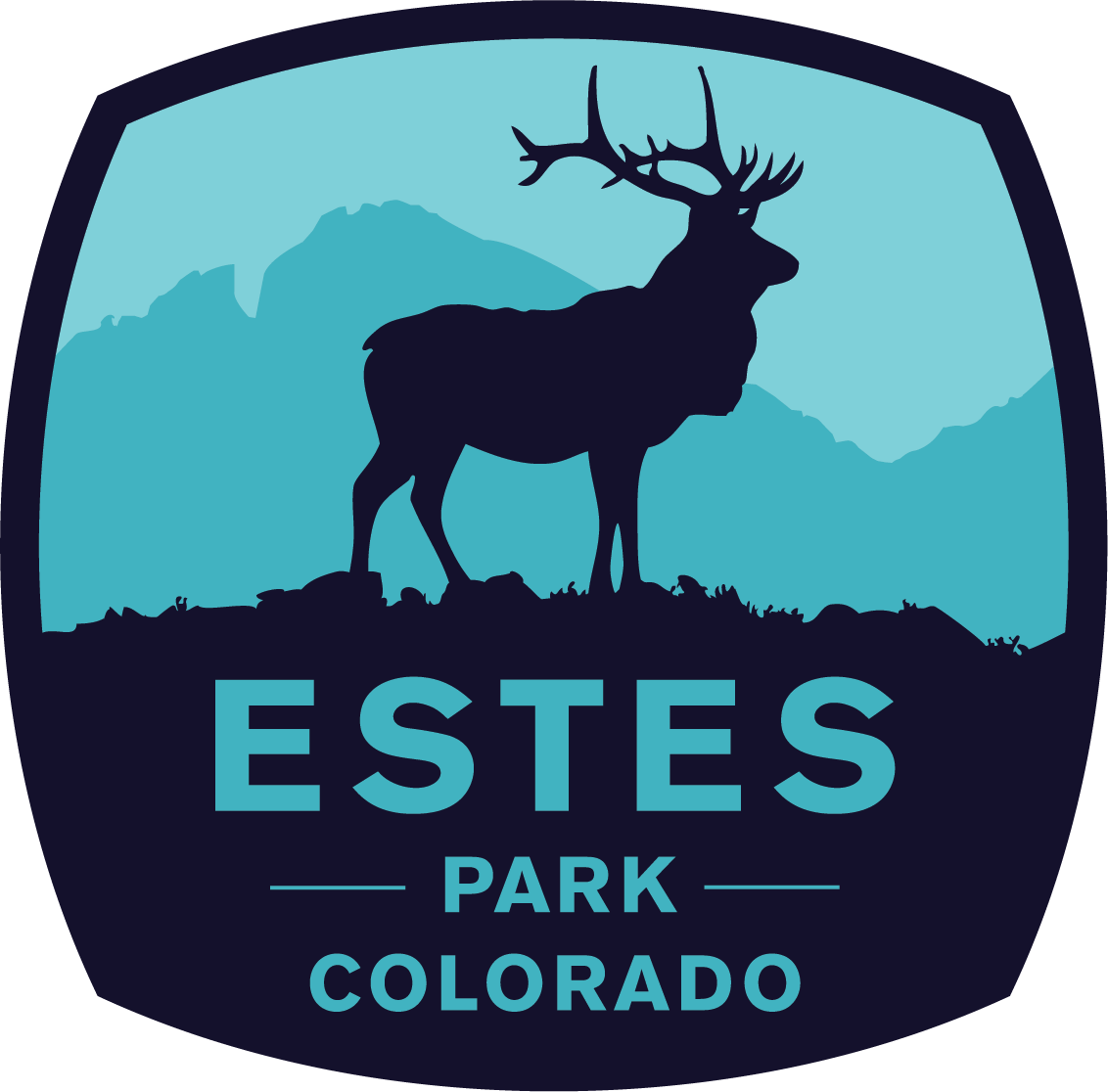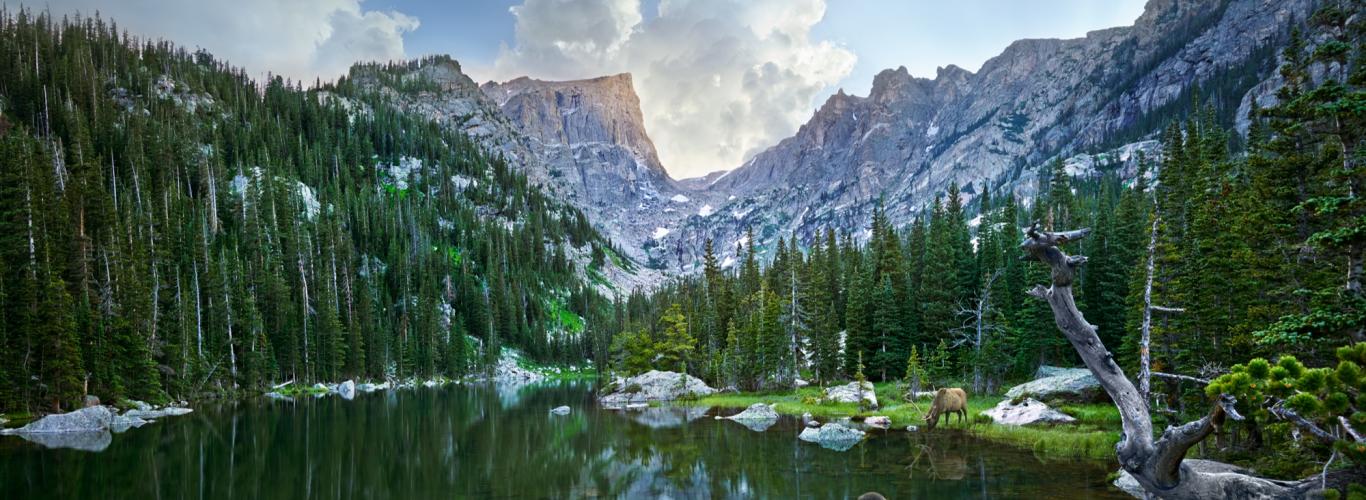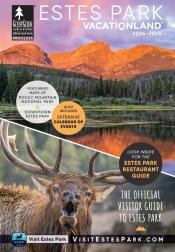How to Be Bear Aware in Estes Park
Tips from the experts at Colorado Parks and Wildlife to keep yourself and Yogi safe
Wildlife sightings can be a magical piece of the Estes Park and Rocky Mountain National Park experience. The chance to spot wildlife in the mountains is probably one of the top reasons you’re visiting. We love seeing elk, moose, deer, birds of prey, bighorn sheep, black bear and all of the other amazing species we find in our area too. Those bears, though. They’re curious and cantankerous.
While it’s important to keep your distance from all wildlife, being bear-aware in these mountains goes a few steps further. You don’t have to worry about an elk breaking into your car to get an energy bar you left under the seat, for example.
Bear-human encounters aren’t frequent in Estes Park, but it’s still good to know what to do if you find yourself face-to-face with one and how to prevent a campsite tossing or car break-in.
Follow the tips below from Colorado Parks and Wildlife for how to deal with Black Bears:
Hiking in Bear Country
- Hike in groups or call out every once in a while, if hiking alone, to avoid sneaking up on bears
- Be extra alert at dawn and dusk, when bears are more active
- Consider carrying bear spray (for defense) and a safety whistle or bells (for prevention)
Camping in Bear Country
All the smells can attract bears to campsites, if you notice a bear near your camp, make noise to scare it off (bang pots and pans, throw stuff, look big). The best way to avoid bear encounters in camp is keeping it clean, read on for tips on how best to do so:
- Store food out of sight and smell in bear-proof containers suspended from a tree or locked in bear-proof containers located at many campsites
- When camping in RMNP's backcountry, all food items and garbage must be secured inside a hard-sided commercially-made carry in/carry out bear-proof food storage container. Other methods of food storage are not permitted.
- Avoid using scented toiletries – if you must store them safely with your food.
- Put distance between your cooking and food storage areas – the general advice (especially for backcountry camping) is to cook, camp, and store food in three different locations. Think of a triangle with 100 yards between each point.
- Use bear-resistant trash receptacles when provided or store trash with your food.
Day to Day Common Sense in Bear Country
- Don’t feed the bears.
- Keep car doors and windows locked.
- Don’t leave anything that looks or smells like food in your vehicle – including food wrappers, sunscreen, scented air fresheners or lotion.
- Use bear-resistant trash receptacles and be sure they’re latched – don’t leave trash outside or store food or beverages on the deck or in your car.
Bear Encounters
Bears generally will hear, smell, or see you coming and do their best to avoid you – if you do encounter a bear, however, follow these tips:
- Don’t run; running may trigger a chase response (and bears are faster than you)
- If you haven’t alerted the bear, leave calmly.
- If the bear does see you and isn’t acting aggressively – back away slowly while facing the bear and speaking softly and calmly.
- If a bear approaches, stand your ground – get your bear spray ready. Never play dead unless you are absolutely positive the bear is defending cubs or food.
We have all seen the funny videos of the bears breaking into kitchens or the bear chilling in the patio hot tub and even a bear chilling on a couch in the Stanley. Though entertaining, the fate for the curious and hungry creatures after such an incident can be pretty grim for the bear. Problem bears are often relocated or even euthanized. For Estes Park locals and visitors alike, it is our responsibility to ensure a safe environment where bears and humans can co-exist.





